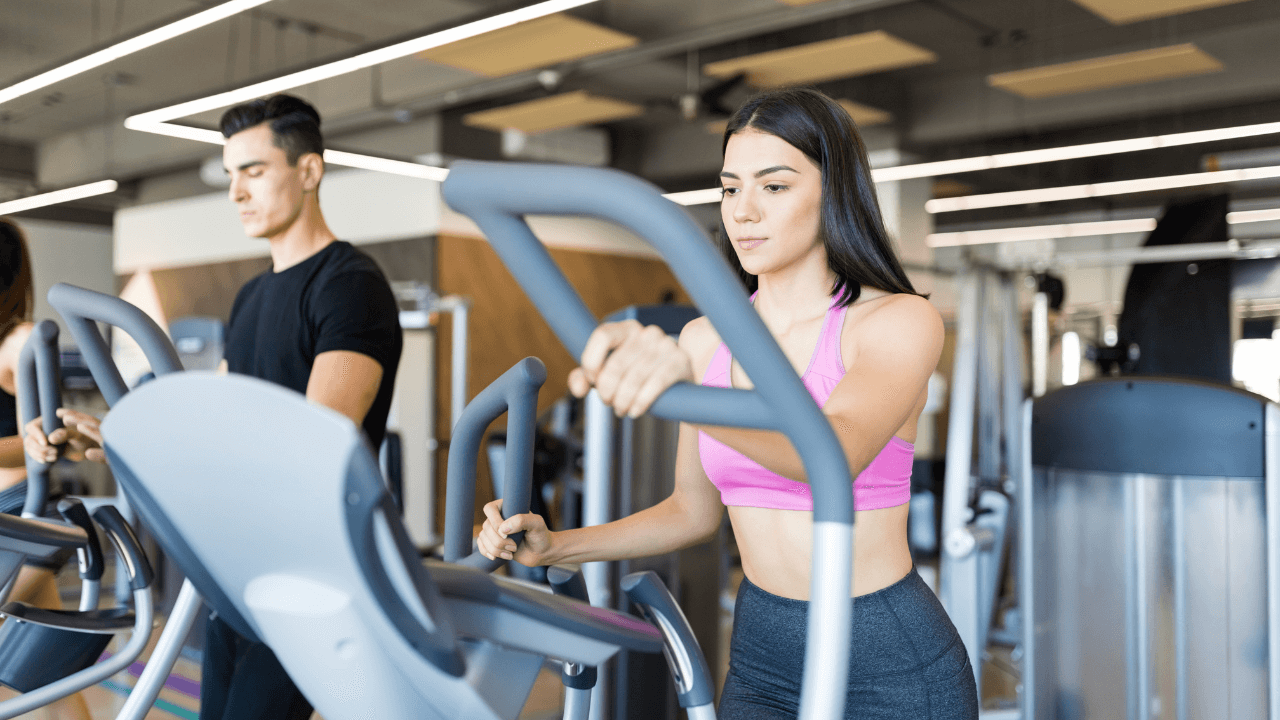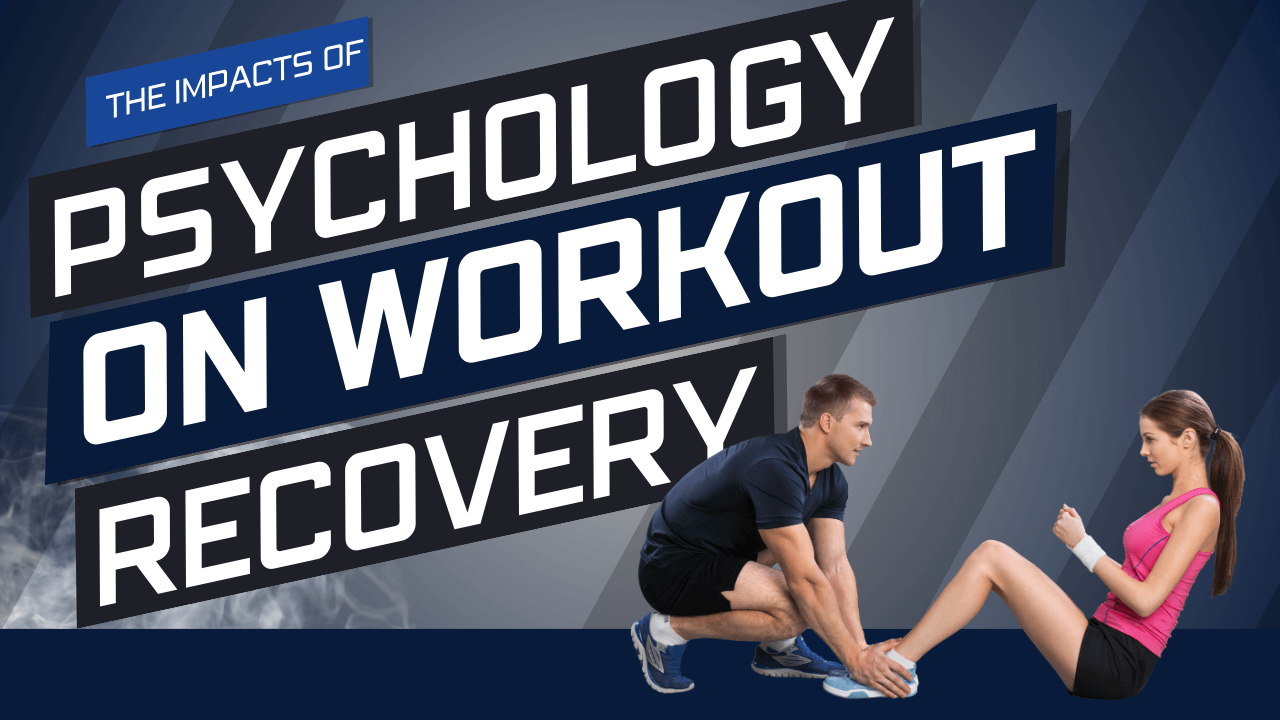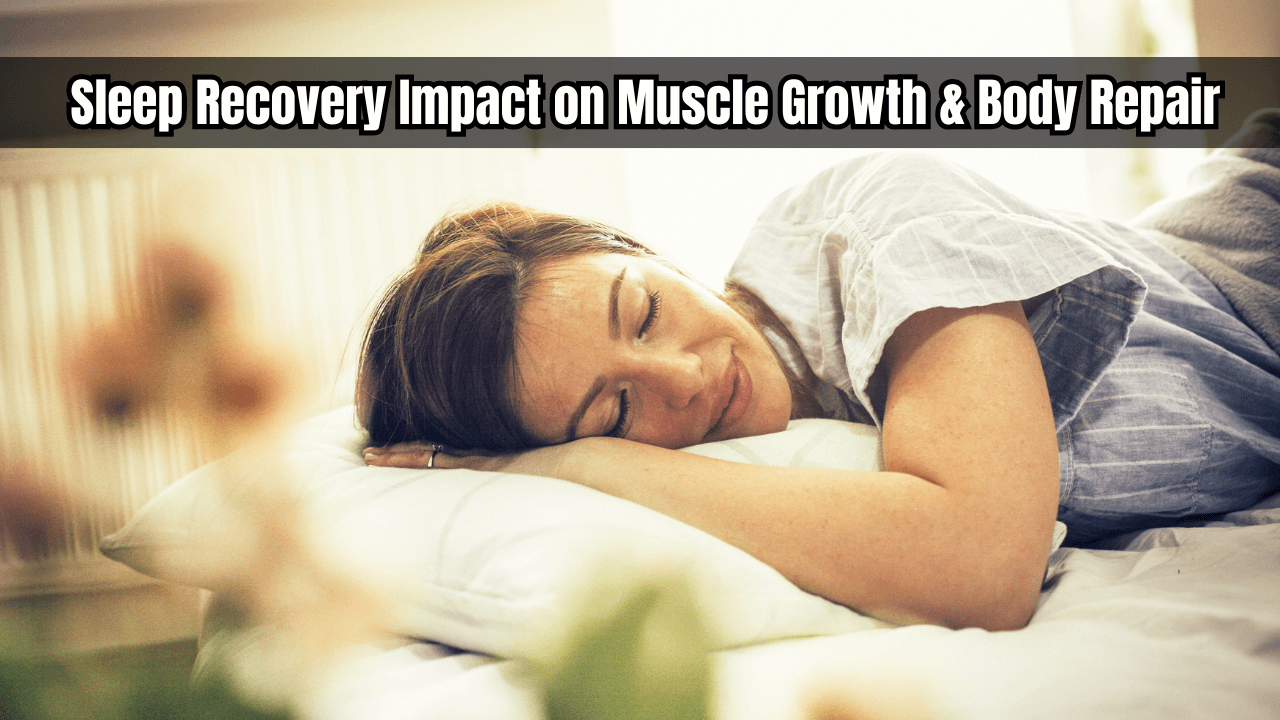Losing weight is complicated. Rebound effects after losing weight lead to regaining lost weight. It is frustrating and makes people quit their weight loss goals. After all, it demands a lot of effort for little pay.
There should be an alternative, and we are not talking about exercise. Keep reading to learn the fastest method to lose weight without exercise. Instead of a magic formula, the actionable tips in this blog post work for most people and are backed up by science.
The Problem With Exercise
One practical approach to losing weight is by creating a calorie deficit. It would help if you burned more calories to lose weight than you take in. Exercise is a great way to burn calories, but it represents a barrier. Some people can’t get any exercise.
For instance, people with mobility problems and the critically ill may not be able to achieve the minimum recommended exercise. Most people run out of time. After an exhausting day at work, hitting the gym is the last thing to consider.
But how to lose weight fast and without exercise? Aiming for a healthy lifestyle is an excellent starting point.
The Fastest Way To Lose Weight
The fastest way requires a few changes from your side. It’s not a matter of mindset and optimism. Here are four suggestions to get you started :
1. Regular Dieting

The traditional weight loss diet aims at reducing calorie intake with a healthy diet. But the word diet has negative connotations in our culture. People think diet is about starving or eating unpalatable food. But a healthy diet is simply an exchange of processed foods with fruits and vegetables.
Stop consuming flour, soda, pastries, sweets, and ultra-processed foods. Introduce a considerable portion of vegetables to every meal. You’ll be satisfied with less food and see faster results.
2. Ketogenic Diet
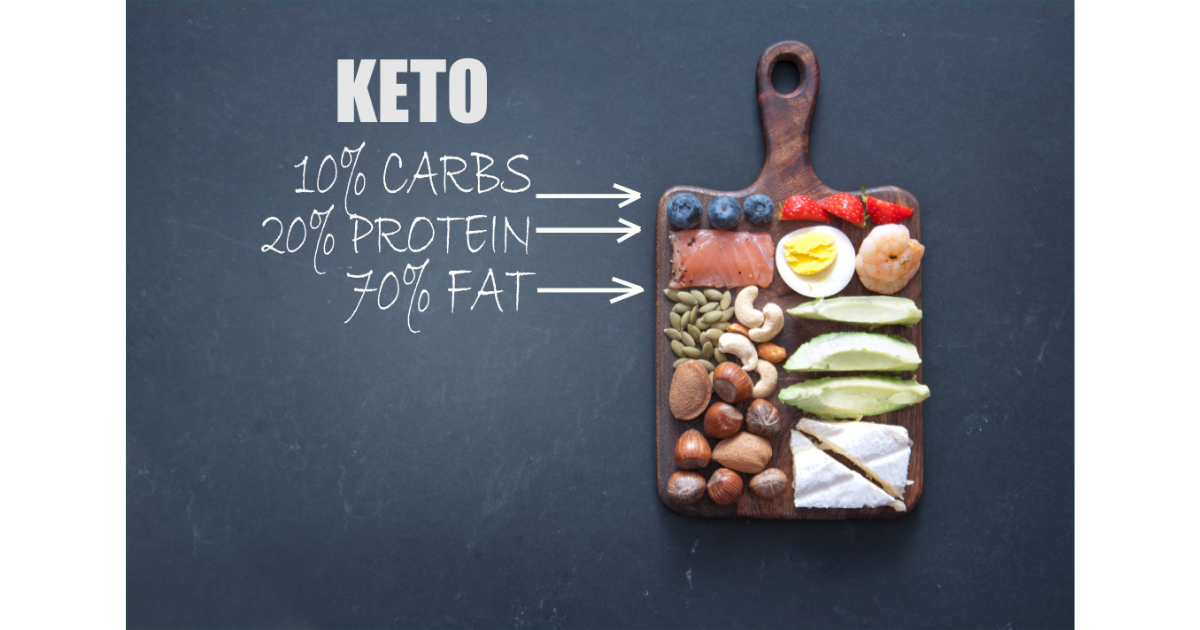
The ketogenic diet is a trendy alternative to accelerate weight loss. It works marvels to prepare for special events. This diet involves avoiding carbohydrate intake. Potatoes and bananas are not suitable food choices. Their carb content makes them off-limits from a keto diet despite being considered healthy.
The main focus is to consume more healthy fats. Consider fish and olive oil as excellent sources. The goal is to activate ketosis. This metabolic pathway makes the body burn fat directly for energy, making weight loss more rapid.
3. Intermittent Fasting

Another alternative to evaluate is intermittent fasting. It can be as easy as having dinner at 8 p.m and skipping breakfast. Then, the next meal would be at noon the following day. Combine the ketogenic diet with intermittent fasting for quicker results.
Note: People with diabetes should not try this option to avoid hypoglycemia.
4. A NEAT Secret To Keep In Mind

In nutritional science, NEAT stands for ” Non-Exercise Activity Thermogenesis ”.
These are not scheduled exercises, but they can make a big difference! It refers to heat generation and calorie burning through non-exercise activities, for instance,
- Household cleaning or gardening
- Walking around the house to the store instead of driving will burn extra calories.
- Studying, especially during exams or simply actively using your brain
- Use a standing desk instead of sitting for hours
- Using the stairs instead of the elevator or escalator
- Dog Walking
The Recommended Calorie Consumption For Weight Loss
Many people find the concept of tracking their calories to be unappealing. However, an estimate of daily calorie intake is always beneficial! After a while, it will become intuitive. It raises awareness about food choices, which can be healthy or rather harmful.
But How Many Calories Should I Consume To Lose Weight?
The answer differs depending on your focus. The USDA recently published tables of recommended calories by age group. Find your age range in this table and the recommended intake.
Average Calories To Eat According To Your Age:
| Age range | Males | Females |
| 2-4 years | 1000-1600 cal | 1000-1400 cal |
| 5-8 years | 1200-2000 cal | 1200-1800 cal |
| 9-13 years | 1600-2600 cal | 1400-2200 cal |
| 14-18 years | 2000-3200 cal | 1800-2400 cal |
| 19-30 years | 2400-3000 cal | 1800-2400 cal |
| 31-60 years | 2200-3000 cal | 1600-2200 cal |
| 61+ years | 2000-2600 cal | 1600-2000 cal |
A Personalized Approach
A nutritionist will go one step further. They will assign a customized calorie allowance for better results. How does this work? First, they calculate the basal metabolic rate based on height and weight. The body burns these calories for metabolic processes, even at rest.
The next step is adding the calories burned every day. Finally, deduct about 300 calories from the result to find a negative calorie balance. The number of calories to subtract may vary from one person to another.
Tips And Tricks To Reduce Calorie Intake
These recommendations summarize the fastest method to lose weight using calorie restriction:
- Introduce more high-fibre foods to your diet — for instance, vegetables, legumes, and seeds.
- Replace carbonated beverages with homemade green tea.
- Before buying packaged foods, check them for added sugars.
- Look for healthy afternoon snack options.
- Don’t be forced to clean your plate if you are no longer hungry.
- Eat slowly. Enjoy your food.
- Set a goal to drink at least two (2) liters of water daily.
- Never go to the supermarket feeling hungry.
- When you have time, chop vegetables and store them in containers. Preparing healthy foods will be easier when you are in a hurry.
Lose Weight Alternatives
The following do not replace healthy eating. However, these alternatives can speed up the outcome.
1. Probiotics And Other Supplements
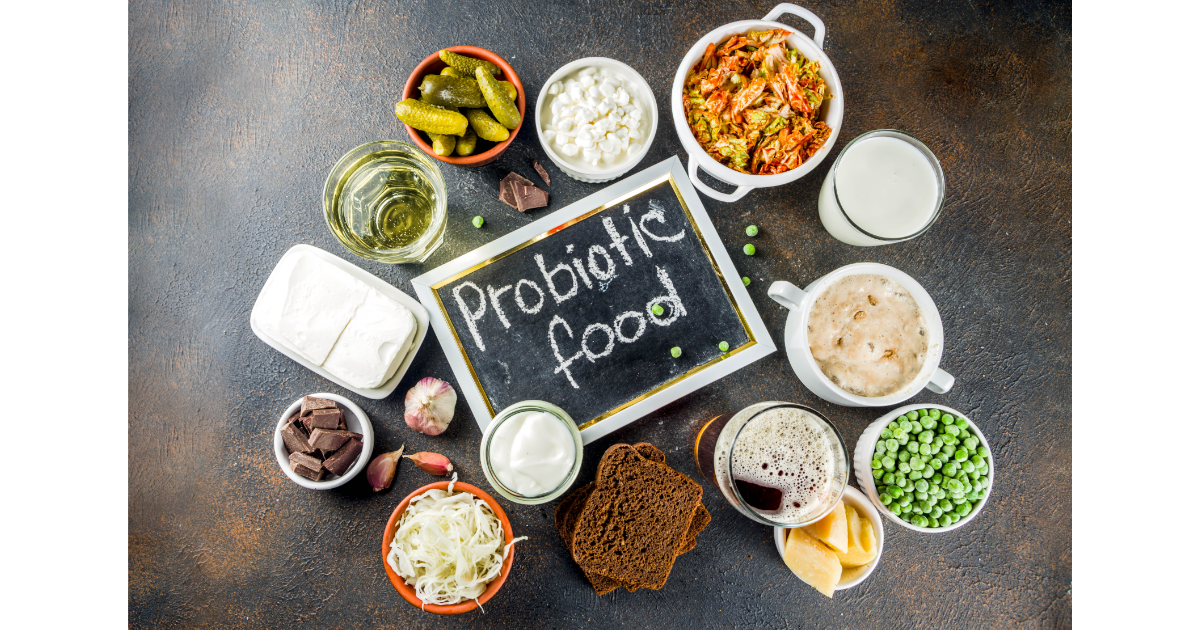
The gut microbiota sends a signal to your brain to regulate calorie intake. That’s why probiotics have risen to fame as weight loss supplements.
Other weight loss supplements with scientific backup include apple cider vinegar, green tea, and L-carnitine.
2. Coping With Stress

Stress is an obstacle to weight loss. The stress hormone is known as cortisol. It is a steroid and stimulates fluid retention. It also modifies sugar metabolism.
Thus, we recommend mindfulness techniques to cope with stress for busy people. Sometimes, professional help may be necessary to find appropriate solutions.
3. Dealing With Food Addictions
Professional assistance is mandatory in cases of disordered eating. So, pay close attention if you find it hard to stop eating.
There could be an emotional cause behind it all. Sometimes food replaces an emotion in the mind. Relieving the core issue may solve weight problems in many cases.
4. Mindful Eating
This technique involves eating slowly to become aware of the amount and quality of food. In this technique, you also savour and experience each bite to the fullest.
Evaluate flavours, textures, and temperatures before swallowing. This mindfulness technique is a great way to reconcile yourself with food. It can help if your relationship with food has become unhealthy.
Frequently Asked Questions
Weight loss seems easy to tackle until real-life problems begin. Here are some frequently asked questions people ask a professional:
Where should I start my weight loss journey?
Every recommendation in this blog takes time to implement. The best way to start is by eliminating processed foods and sweets.
Eat more fresh foods. In the process, use mindful eating to evaluate how the change makes you feel. Do not hesitate to visit a nutritionist or dietician to see results faster.
Is my ideal weight a healthy goal?
This weight recommendation is only an average. It does not take into account muscle mass.
These charts are no longer helpful when you increase muscle mass. In such cases, the ideal weight will be higher because muscle weighs more than fat.
Should I skip dinner to lose weight?
It is not necessary to skip dinner for weight loss.
The main objective is to reduce calorie intake throughout the day. The exact moment when you eat is not relevant.
How to find the motivation to keep it up?
Starting these changes can be difficult for those living in an obesity-promoting environment. Get around people with the same goals and build a community.
There are many support groups on social media. It’s essential to be careful regarding the information shared in these groups. There is much misinformation and myths in the weight loss arena.
Conclusion
What is the fastest way to lose weight? The most reliable approach is to reevaluate your relationship with food.
Eat healthily and address addictive behaviours. Planning your meals is essential, as stress and lack of sleep can impact the results.
Be organized and get around people with the same goals. In the process, look for ways to be more active. Small things like walking to the store can make a difference.
You might be interested in: Post-Workout Foods to Enhance Recovery
References:
Phillips, J. A. (2021). Dietary Guidelines for Americans, 2020–2025. Workplace health & safety, 69(8), 395-395.
Kotz, C. M., & Levine, J. A. (2005). Role of non-exercise activity thermogenesis (NEAT) in obesity. Minnesota Medicine, 88(9), 54-57.
Gunst, J., Casaer, M. P., Langouche, L., & Van den Berghe, G. (2021). Role of ketones, ketogenic diets and intermittent fasting in ICU. Current Opinion in Critical Care, 27(4), 385-389.
Nelson, J. B. (2017). Mindful eating: The art of presence while you eat. Diabetes spectrum: a publication of the American Diabetes Association, 30(3), 171.
Watanabe, M., Risi, R., Masi, D., Caputi, A., Balena, A., Rossini, G., … & Lubrano, C. (2020). Current evidence to propose different food supplements for weight loss: A comprehensive review. Nutrients, 12(9), 2873.
https://journals.sagepub.com/doi/10.1177/21650799211026980
https://onlinelibrary.wiley.com/doi/10.1111/j.1365-2796.2007.01842.x



